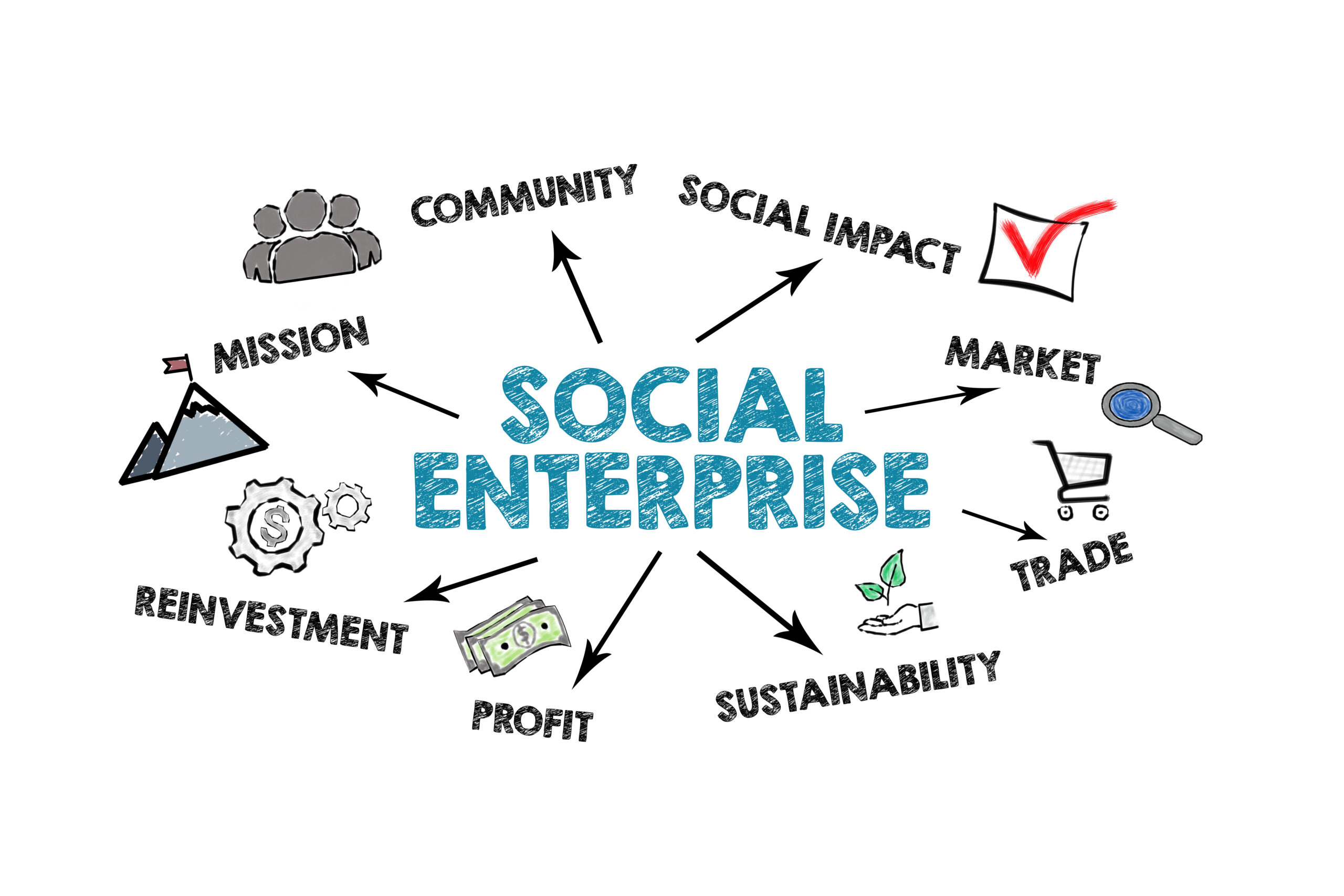
Engaging with social enterprises presents a compelling business case due to its multiple benefits. A recent report from Schwab Foundation, the Global Alliance for Social Entrepreneurship, and Deloitte «Corporate Social Innovation Compass: Accelerating Impact through Social Enterprise Partnerships» provides insights for business leaders as to why this is important and how to get started. Following is a brief summary of the report:
Engaging with social enterprises brings a number of business benefits including:
1. Accelerating Innovation: Social enterprises, being agile and resourceful, drive innovation and efficiency. They can quickly adapt and carve out competitive niches, enhancing corporate innovation.
2. Opening New Markets: Leveraging their local knowledge and networks, social enterprises help companies access difficult-to-reach markets, providing essential market insights.
3. Generating Financial and Social Returns: Aligning business goals with social impact fosters resilience and sustainability, making core business functions more robust and aligned with social goals.
4. Achieving Social Impact Goals & Improving Brand Perception: Collaborations with social enterprises help meet regulatory requirements, enhance corporate transparency, and boost brand reputation.
Methods of Engagement
1. Direct Engagements:
Product and Distribution Partnerships: Co-creating products and services with social enterprises to access local markets.
Social Procurement: Purchasing goods and services from social enterprises, advancing social and environmental targets.
Corporate Impact Funding: Investing in social enterprises through impact investing.
Mentoring and Pro Bono Programs: Providing expertise and skills-based volunteering to support social enterprises.
Resource and Communication Support: Using corporate media platforms to assist social enterprises.
2. Ecosystem Support:
Network Growth: Collaborating with other companies and organisations to share knowledge and create new opportunities.
Policy and Advocacy: Supporting policies that create favourable conditions for social enterprises.
Verification and Certification: Encouraging the development of certification processes to ensure legitimacy and impact.
3. Business Integration:
Aligning to Workforce Human Capital Needs: Integrating social enterprise engagements with human capital strategies to promote purpose and collaboration.
Supply Chain Policies: Implementing supply chain goals to encourage social procurement.
Integrating Social Innovation Principles into Business Strategy**: Adopting social entrepreneurship principles to put people and planet first in business practices.
Choosing the Right Method of Engagement
The report outlines a framework to help companies assess their position in their social innovation journey, categorised into four phases: Explore, Institute, Champion, and Transform. Each phase represents a deeper level of engagement with social enterprises, ultimately leading to the internalisation of social innovation principles in core business operations.
Conclusion
Engaging with social enterprises is not only beneficial for social impact but also strategically advantageous for businesses. By leveraging the various methods of engagement, companies can enhance innovation, access new markets, generate returns, and improve brand perception, all while contributing to social and environmental goals. To read the full report click here.